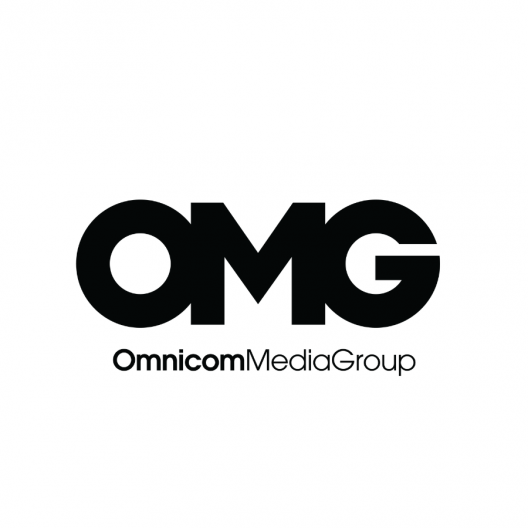
Building allyship: empowering lesbians to thrive professionally and authentically
Identity
By Natasha Henson, Strategy Director, Hearts & Science (part of Omnicom Media Group)
Coming out later in life was a big surprise
for my friends and family. I had been in heterosexual relationships in the
past, and it wasn’t until my mid-twenties that I began to explore and
understand my sexuality. Fast forward four years and I now live with my
girlfriend and proudly identify as a lesbian.
I was lucky to have understanding friends
and family who, after a little time to adjust and a few awkward questions, have
supported me and my partner wholeheartedly. When you first make the leap to
come out, these are the conversations you prepare for and the relationships you
worry about – for me, work didn’t cross my mind. The thing no one tells you
about coming out at work is: It is not an isolated event. You will spend your
career coming out again and again, if you choose to.
As a media strategist, I work in a social
industry, focused on building relationships with clients, media owners and
other agency partners. There are frequent social events, networking and I meet
a constant stream of new people. This is a part of my job I love, but since
coming out there is a layer of complexity I never anticipated: Do I need to
come out again? How will they react if I use the world “girlfriend”? Should I
say partner? What if they assume she’s a man?
These fears weren't unique to me. Almost 2 in 5 LGBTQ+ adults (38%) in Britain aren’t open about their sexual identity at work (Stonewall, LGBT in Britain Report) and gay women are almost twice as unlikely to be out in the workplace as gay men (Pride Matters, Pride In London). Lesbians are the most likely to feel “ashamed” about their sexuality compared to other sexual identities, with 79% of those aged 18-24 reporting feeling that way (Just Like Us, Positive Futures).

I felt like I didn’t have anyone I could
talk to about this fear, as there were no openly queer women in my workplace.
But, when I started to openly talk about my sexuality, I was surprised by the
flood of support from people around me, some of whom were afraid to come out in
the workplace too. I was told by a junior member of staff that me openly
talking about my sexuality at work had made her feel confident enough to do the
same. Visibility, even in the smallest forms, can make a huge difference in people’s
lives.
That’s not to say it’s been all plain
sailing – as I’m sure all queer people can attest to.
At face value, I don’t fit into a lot of
people’s stereotypical idea of what a lesbian looks like or acts like. This
means people often refer to my girlfriend with male-gendered language and
pronouns, even when I call her my “partner”. There have been probing questions,
awkward apologies and sometimes I still use deliberately vague language or
avoid talking about my personal life at all when it all feels like too much
effort, or I worry about people’s reactions.
So, as we enter Lesbian Visibility Week
here are some important pointers to help you be a lesbian ally, and empower
lesbians to be visible inside and outside the workplace:
- Don’t assume everyone is straight:
Understand that queerness isn’t always “visible” in the constraints of
stereotypical views. Wait for someone to offer information about their
sexuality if they choose to.
- Don’t force people to correct you:
Correctly gender people’s partners if you talk about them. If you aren’t sure,
use non-gendered language like “they/them” or “partner”, or ask how they would
prefer to be identified.
- Be flexible: Understand people’s gender and
sexual identities aren’t static, try not to make a big deal out of someone
revealing they are dating a person of different gender to their previous
partners.
- Empower female-identifying and non-binary people: The most important point, empower female-identifying, non-binary and trans people to feel safe and seen in your workplace and social circle. Remember not all lesbians identify as women and make your queer spaces inclusive of everyone in the LGBTQ+ spectrum.

